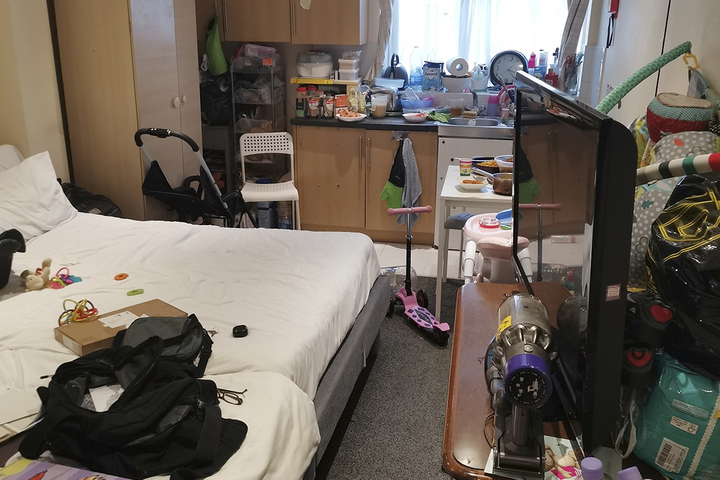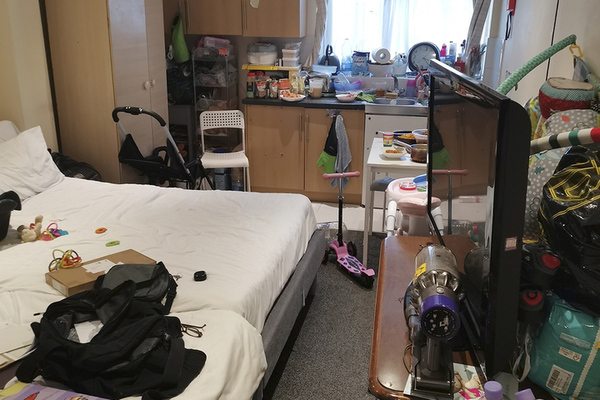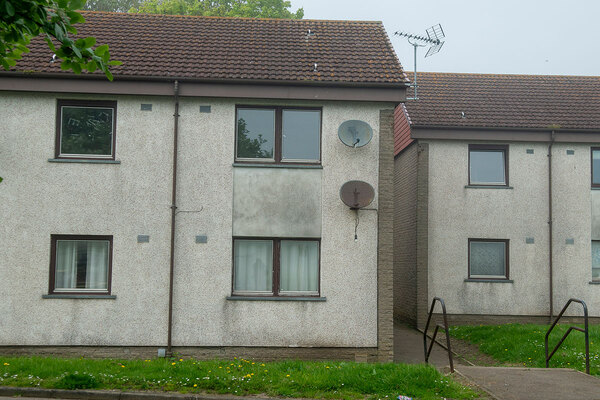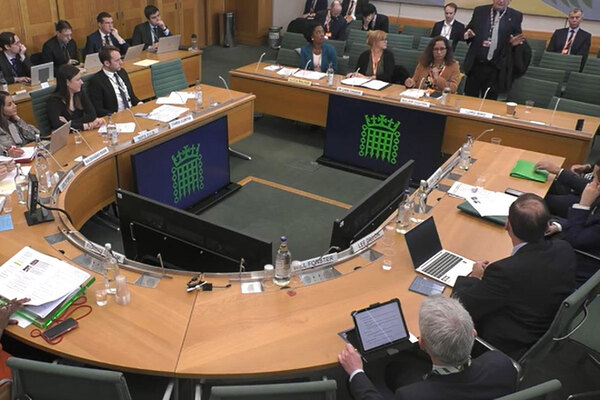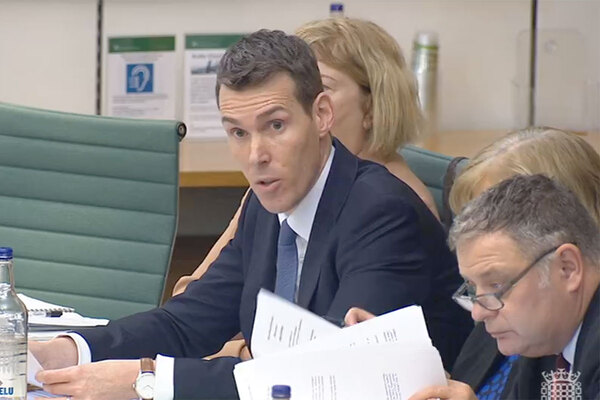You are viewing 1 of your 1 free articles
NHF’s plan for government could ‘end child homelessness’ by 2035
The National Housing Federation (NHF) has set out how the government can end the housing crisis with a long-term plan and increased grant funding.
According to the NHF’s new document, Let’s fix the housing crisis: Delivering a long-term plan for housing, by 2035 the plan could end child homelessness, halve overcrowding, and house another one million people in social homes.
The latest homelessness figures revealed that there are 139,000 children living in temporary accommodation in England.
The proposals could also improve the quality of existing social homes for seven million families, housing affordability, and “boost productivity by ensuring every region has the homes it needs to grow”, the NHF said.
To achieve its goals, the plan calls for increased grant funding, a long-term outcome-based approach to social rent, clear national standards on improving the energy efficiency of homes, an improved planning system, funding for supported housing, and a national strategy for housing people as they get older.
According to the document, there must be an “increased grant funding and other incentives which enable housing associations and others to build a new generation of social rent and other affordable homes to meet housing need”.
“This long-term approach must continue to unlock private investment – currently for every £1 of government investment in building new homes, our members lever in up to £6 of private capital.
“Developing a skilled workforce and supply chain capacity, and unlocking innovation in the construction industry is also essential,” it said.
The plan calls for an “effective and revitalised” planning system that is “accountable and delivers more affordable, low-carbon housing”.
“This must include increasing the subsidy for social homes from land value capture and clear roles and responsibilities at different levels of government, including combined authorities,” the NHF said, while this must be combined with a proper assessment of the need for housing in every area, urban and rural.
In addition, it identifies the need for long-term, ringfenced and increased funding for supported housing and support services, and “fair funding” for social rent homes in need of building safety remediation works, with stronger government intervention to “ensure those responsible are held to account”.
Other policies proposed include increasing regulation of the private rented sector and ensuring that the welfare system reflects the cost of housing in the UK.
At the same time, there is a proposal for the creation of a new, cross-Whitehall ‘housing unit’ to end the housing crisis, which reports directly to the prime minister.
The new unit would begin with a cross-cutting review of the housing system, spending and liabilities and would develop and deliver a long-term plan to fix the housing crisis.
Kate Henderson, chief executive at the NHF, said the plan was needed to tackle a housing emergency that is getting worse at a "rapid rate", with record numbers of overcrowded and homeless children who are growing up with no security or privacy.
She said: “This dire and shameful situation is the result of decades of underinvestment by successive governments who have repeatedly failed to plan for affordable homes for local people over the long term.
"Instead, continuous short term, piecemeal decisions on housing and planning policy, and a focus on increasing homeownership often at the expense of social housing, have made the housing crisis worse at all levels.
“To fix the housing crisis, short-term thinking on housing must end. As we approach the next general election, we urge political parties on all sides to learn from history and commit to investing in homes and communities over the long term."
Sign up for our homelessness bulletin
Already have an account? Click here to manage your newsletters

